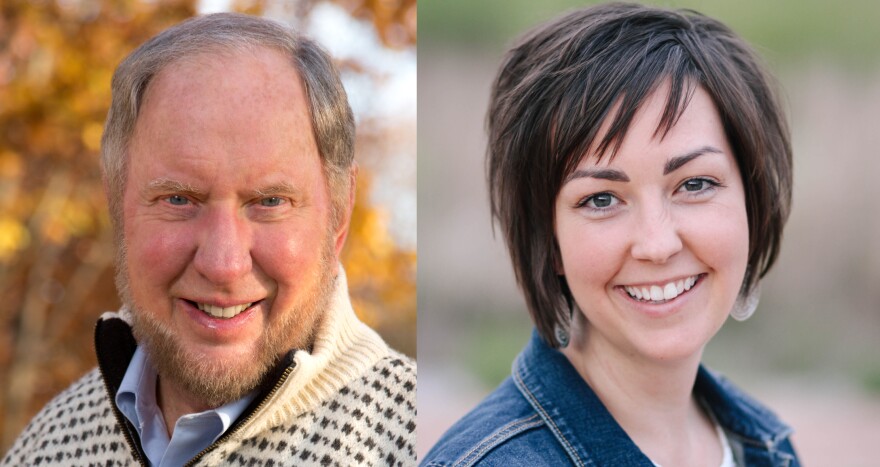In 1961, President John F. Kennedy implored Americans to “ask not what your country can do for you; ask what you can do for your country.”
Twenty years later, Ronald Reagan won election by asking Americans, “Are you better off now than you were four years ago?” Not if the country was better off; if you were better off.
In their fascinating, compelling and wholly original new book, The Upswing: How America Came Together a Century Ago and How We Can Do It Again, the political scientist Robert David Putnam and the social entrepreneur Shaylyn Romney Garrett assert that from the Gilded Age of the late 19th century to the present moment, America has oscillated between a society framed by colossal income inequality and political polarization to a more progressive era of concern for the common good and political cooperation. The authors observe that following the Gilded Age, a decades-long period began in which Americans acted collectively and cooperatively to confront the existential challenges of an economic catastrophe in the 1930s, a World War in the 1940s, and civil rights legislation and safety-net programs in the 1960s.
But then the tide shifted and a deep polarity returned, and it defines our politics to this day.
As the Trump administration comes to a close, the factions of the American electorate remain separated by wide, seemingly unbridgeable gulfs. Can President-elect Joe Biden’s aspiration of uniting the country be achieved in a climate where political rivalry can devolve into partisan hatred, and losing ceases to be an accepted part of the political process and instead becomes a catastrophe?
In The Upswing, co-authors Robert Putnam and Shaylyn Romney Garrett make the case that it can. They join us on Zoom.






